



Context
Decoding Tidal Waves through comparison Chart
|
Tidal Wave |
Tsunami |
|
|
About |
Tidal waves are waves created by the gravitational forces of the sun or moon, and cause changes in the level of water bodies. |
Tsunami is a series of water waves caused by the displacement of large bodies of water. They generally have low amplitude but a high (a few hundred km long) wavelength. Tsunamis generally go unnoticed at sea but prominent in shallow waters or land. |
|
Cause |
Tidal waves are caused due to the gravitational force exerted by the sun and the moon. |
Tsunamis are generated by earthquakes, erupting submarine volcanoes or due to any gas bubble erupting in the sea or ocean. |
|
Intensity |
The intensity of a changing tide is noticeable only in certain parts where it’s high enough (As high as 55 feet in the Bay of Fundy, Canada). |
Tsunamis can have wavelengths of up to 200 kilometer and can travel over 800 kilometer per hour. When tsunamis approach shallow water near land masses, the speed decreases, and the amplitude increases very rapidly. |
|
Location |
Tidal waves are phenomena seen most at coastal areas. |
A majority of tsunamis (80%) occur in the Pacific Ocean but can occur in any large body of water if the underlying causes are present. |
|
Frequency |
Tidal waves occur daily at a coastal area. |
Tsunamis occur only when there is seismic disturbance in large water bodies. |
https://epaper.thehindu.com/Home/ShareArticle?OrgId=G3R8NNJ2E.1&imageview=0
Array ( [0] => daily-current-affairs/tidal-waves [1] => daily-current-affairs [2] => tidal-waves )

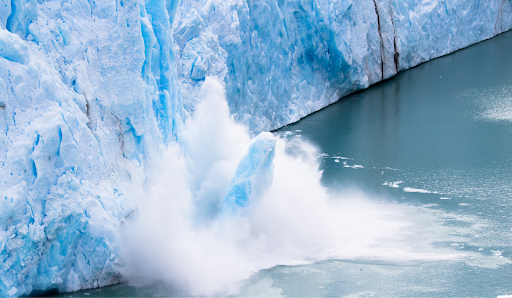
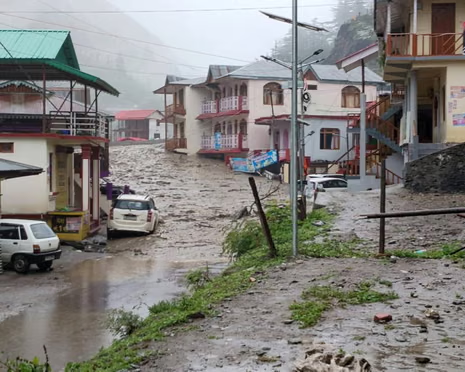


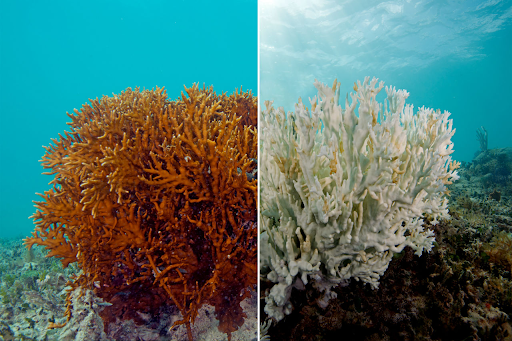
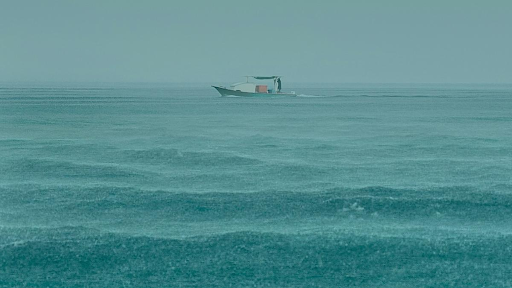
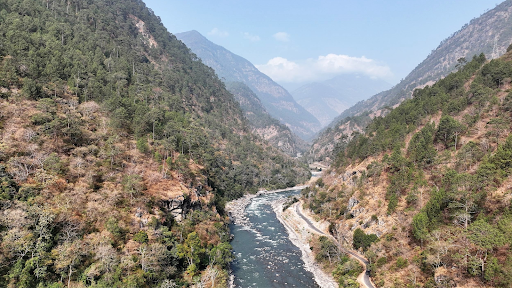

© 2025 iasgyan. All right reserved